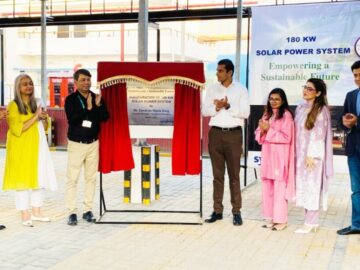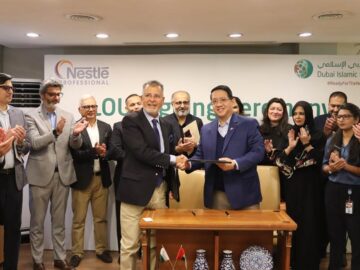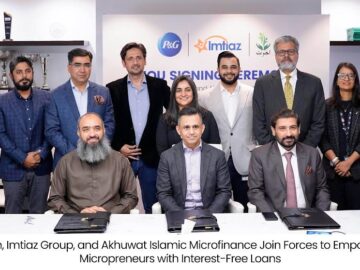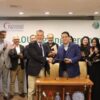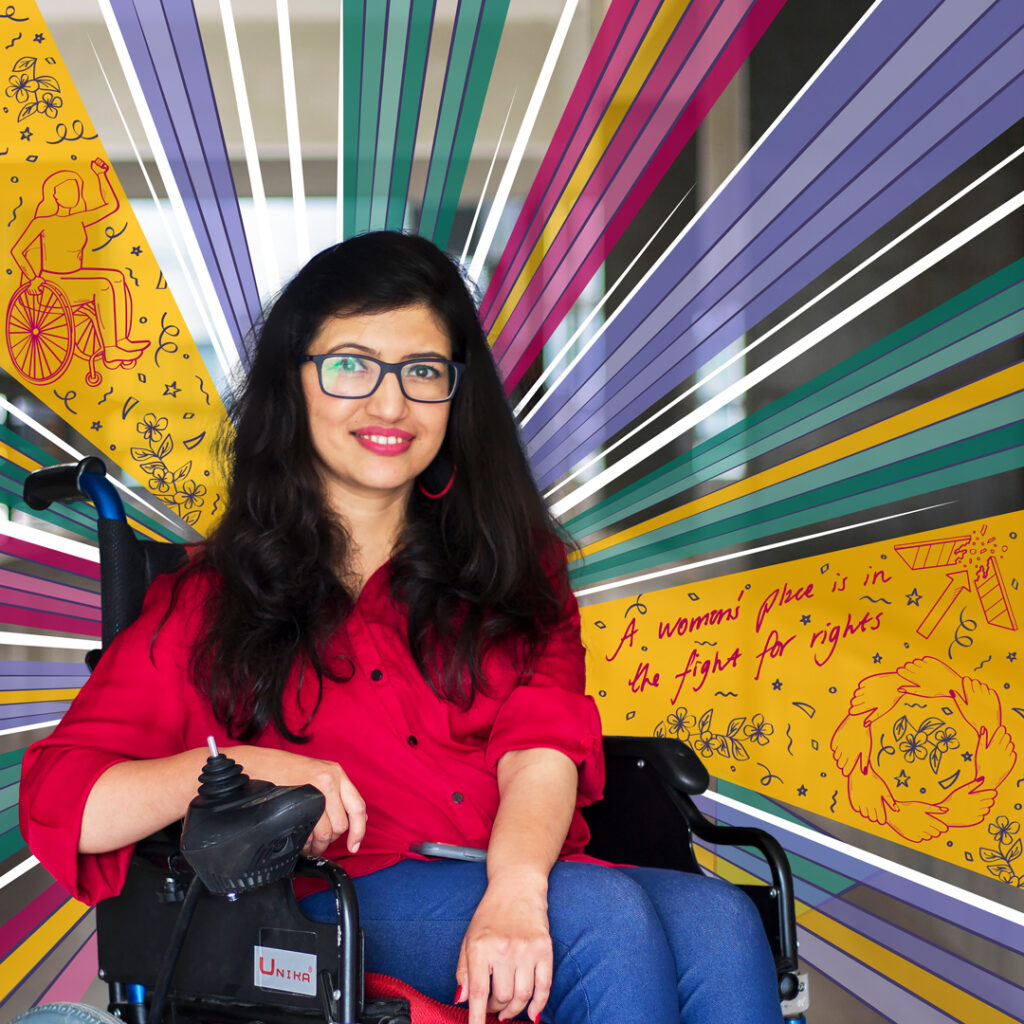
To enable women to access adequate healthcare and enjoy meaningful participation in society, the international development organization Sightsavers is calling for all health services to be inclusive and accessible for women and girls, including those with disabilities, on this women’s day. Millions of women across the world are unable to access the healthcare they need and participate fully in society.
This women’s day, Sightsavers is also celebrating the pioneering and real women of substance who are fighting to make this happen. Abia Akram is one such strong woman, who is a member of the Sightsavers board and an inspirational disability rights activist. She fought against all the odds and stood strong to give a voice to women and girls with disabilities.
Abia has been instrumental in leading the disability youth and women’s movement in Pakistan, and the Asia-Pacific region more widely. According to Abia, it’s very important to work on policy and legislative reforms, because that creates systematic change in the lives of women and girls with disability.
Munazza Gillani, Country Director Sightsavers Pakistan Country Office appreciates all such women who are making difference in the lives of other women. She said, “Women with disabilities are three times more likely not to access the healthcare they need, compared to men without disabilities. “It is vital that we all work together to make sure all women and girls have access to proper healthcare.
“Without action, women will continue to suffer in greater numbers than men, and continue to have their contribution to education and employment curtailed.”
Abia says “If just one person’s life is changed, then I feel proud of that because at least I’m giving that vision or trying to change the lives of women and girls with disability. We have seen the challenges they are facing, how difficult the life of those women with disabilities is when families consider them a burden”.
Women are more likely to be blind or have visual impairment than men and have poorer access to eye care services. Sightsavers’ recent Rapid Assessment of Avoidable Blindness (RAAB) survey in four districts found that many women cited fear and costs of surgery as barriers to them accessing treatment. The survey also found that of the people with diabetes, 21.4% were women, compared with 15.1%, an illness that can threaten a patient’s vision.
A range of hurdles such as inequality of access, affordability, availability of services, as well as stigma, make it difficult for women to access eye care services. Women living in rural areas face even more challenges. Sightsavers addresses these gender barriers by making services more accessible and affordable in women’s local areas, making it easier for them to get the eye health care they need. We also advocate for eye health to be prioritized on the government’s health agenda.
Sightsavers works with partners across Africa and Asia to dismantle the barriers that prevent women and girls from accessing adequate health care and to promote the right to health for every individual, whilst challenging negative stereotypes. We also campaign so women and girls can exercise their right to get an education, go to work, and vote.



